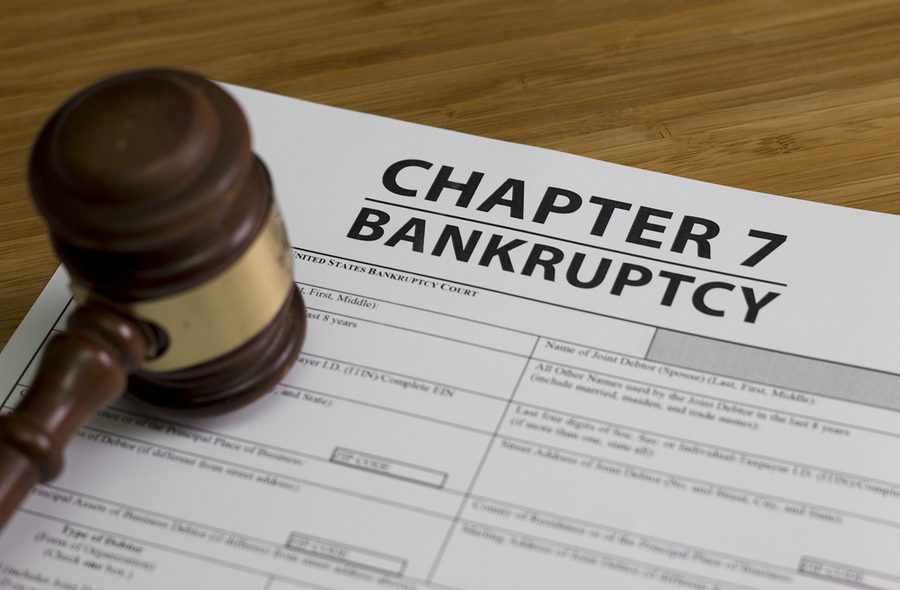A bankruptcy case can mean different things to different clients. For many of our clients, it means a chance at a fresh financial start. It also means freedom from crippling debt and an unending barrage of collection calls. It is for this reason that many individuals choose to file for Chapter 7 bankruptcy due to the many benefits this type of bankruptcy offers.
The benefits of filing for bankruptcy can include relief from debt collectors through the automatic stay issued at the start of the case, as well as relief of most of the filer’s debts, including medical bills, credit cards, personal loans, and other unsecured debts. By discharging these debts before they become legal judgments against the filer, he or she can avoid wage garnishment and repossession.
One of the biggest benefits to filing for Chapter 7 bankruptcy is the discharge of most of the filer’s debts at the end of the case. For the most part, individuals who seek a Chapter 7 bankruptcy are saddled with unsecured debt, including credit card debt, medical bills, personal loans, and past due rent. While many exceptions exist as to what can be discharged, most liabilities will be discharged at the end of the case, meaning the individual no longer will owe on the debts once the case is successfully closed.
Another benefit to filing Chapter 7 bankruptcy is asset protection the filer receives through bankruptcy exemptions. Exemptions include different categories of property that the filer will be able to keep during the bankruptcy case, which can include his or her primary residence, vehicle, retirement assets and other items of personal property. Florida offers some of the more generous bankruptcy exemptions in the country, which gives filers peace of mind when making the decision on whether to file for bankruptcy.
Another reason Chapter 7 bankruptcy is preferable for many filers is the quick timeline associated with this specific form of bankruptcy. From start to finish, a normal Chapter 7 bankruptcy case will take anywhere from three to six months. In comparison, the average Chapter 13 bankruptcy case takes between three to five years. A Chapter 7 bankruptcy case is handled fairly quickly, which allows the filer to move on with his or her life fairly quickly, which is why this type of bankruptcy is often preferred. If the individual is going through a difficult situation and needs help quickly, this shorter timeline makes this option more attractive.
It is important to know that Chapter 7 bankruptcy does require a debtor to pass the “means test,” which determines whether your income is low enough to file. The means test was designed to limit the number of Chapter 7 filers to those who truly cannot afford to pay their debts. However, you can earn significant monthly income and still qualify to file for Chapter 7 if you have a lot of expenses, such as high mortgage payments, car loans, medical debt, taxes, and other related expenses.
If you have questions on this topic or are in financial crisis and considering filing for bankruptcy, contact an experienced Miami bankruptcy attorney who can advise you of all of your options. As an experienced CPA as well as a proven bankruptcy lawyer, Timothy Kingcade knows how to help clients take full advantage of the bankruptcy laws to protect their assets and get successful results. Since 1996 Kingcade Garcia McMaken has been helping people from all walks of life build a better tomorrow. Our attorneys’ help thousands of people every year take advantage of their rights under bankruptcy protection to restart, rebuild and recover. The day you hire our firm, we will contact your creditors to stop the harassment. You can also find useful consumer information on the Kingcade Garcia McMaken website at www.miamibankruptcy.com.

